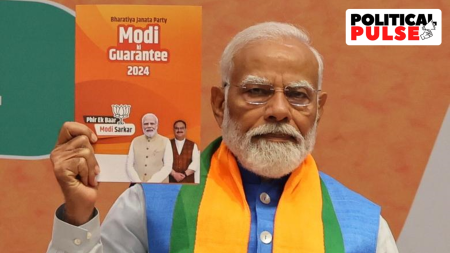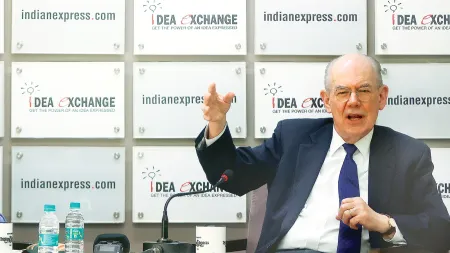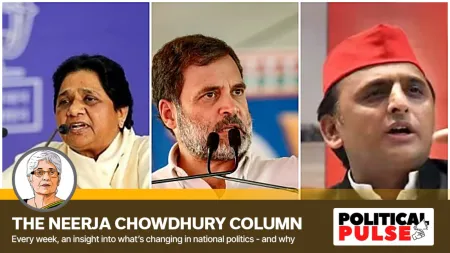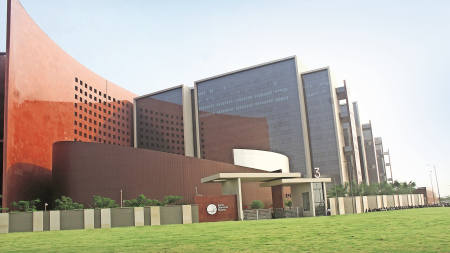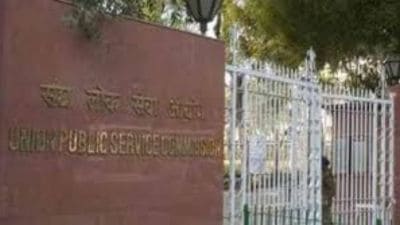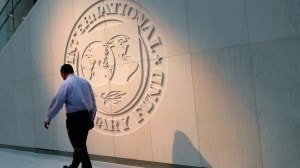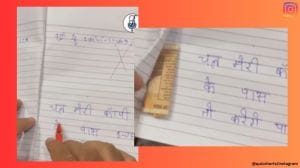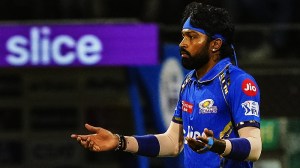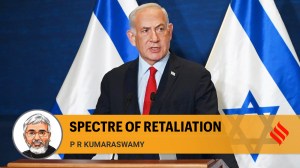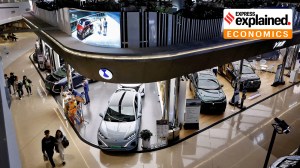- India
- International
Gap between expectations and realisation could undermine governments
The gap between reasonable popular expectations from democratic governance and the actual performance of elected governments seems to be ever widening.
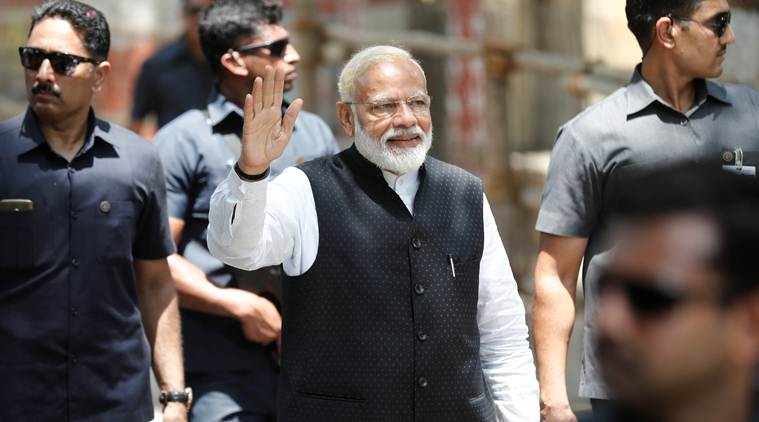 Prime Minister Narendra Modi.
Prime Minister Narendra Modi.
For decades, issues like deepening democracy dominated the global discourse on democracy. But sadly, the reasons behind the inherent limitations of democracy in the context of its ability to deliver rarely got the attention they merit.
The gap between reasonable popular expectations from democratic governance and the actual performance of elected governments seems to be ever widening. Largely, people get disenchanted with elected politicians as they realise that the capacity of democratic governments to deal with many of the enduring challenges — from overcoming social and economic inequality to controlling pollution — is woefully short. This underscores the fact that all is not well within the old and established democracies. The most worrying consequence of this scenario is the rapid spread of cynicism. The only way to effectively prevent the emergence of such a situation is to ensure demonstrably that democracies also deliver.
After the dawn of this century, countries like Georgia, Brazil, Egypt and Tunisia witnessed some popular uprisings against the established governments. Georgia represents the dilemma that most CIS countries face. Post Communist rule, most people in these countries realised that they had neither truly liberal democracy nor any effective governance. The same was true of Arab Spring countries. The story was not different in Brazil either. From Mikhail Sakashvili to Dilma Rousseff, almost all of them failed to address popular expectations. Some of them attempted reforms in governance but curtailed liberal democracy. Few others promoted liberalism as if at the cost of quality of governance.
Almost during the same period, i.e. early this decade, India too witnessed a popular movement. This period saw a general policy paralysis, horrific incidents like the December 16 rape and unearthing of several corruption scandals. All this provided a perfect recipe for widespread cynicism, that shadowed the national discourse.
From Georgia or Egypt and also India, events underscored what political scientist and scholar Pippa Norris has theorised, stressing need for the combination of democratic responsiveness and state effectiveness. According to her, in practice, liberal democracies often prove imperfect on the count of accountability and governance-related procedures. Norris has a word of advice for those who cause expectations to rise among ordinary citizens, saying “if these cannot be met by elected officials, due to limited state capacity, this can be a recipe for frustration!” She is acutely conscious that democratically elected leaders may not “necessarily have the capability to implement effective public policies addressing social needs”.

Here comes the factor that distinguishes Prime Minister Narendra Modi from his peers. A commentator wrote about the Modi government: “On the regulatory front, the record has been better. Early in its tenure, the government passed the Arbitration and Conciliation (Amendment) Act that smoothened out the wrinkles and established a time-bound mechanism for binding arbitration. It followed that up with a Central-level Real Estate (Regulation & Development) Act, or RERA. RERA needs to be notified in each state (since land is a state subject) so this is still a bit of a work in progress. Paving the way for the GST with a constitutional amendment and a complex set of other steps and establishing a new Insolvency and Bankruptcy Code (IBC) must count as the two biggest legislative accomplishments. Overall, grade A.” One may agree with his policies or not, but one will have to admit that Modi has proved to be a leader capable of taking risks and challenging the forces of status-quo that add to the darkness of helplessness, cynicism and frustration.
Clearly, Modi was able to grasp the message of popular uprisings world over, just before he took over as PM. The unambiguous message was: For a democracy to be successful, free and fair elections and other such ingredients of liberal democracy are essential but not enough! PM Modi realised what people wanted to say and tried to make democracy deliver. Arguably, his governance doctrine has at least three important ingredients. First, greater accountability and transparency in all financial dealings; second, emphasis on time-bound and monitored implementation; and third, renewed thrust on partnership between people and government.
Initiatives like the national public procurement portal (GeM), direct transfer of benefits including subsidies, emphasis on cashless transactions and enhanced level of deterrence through strict implementation of laws curbing corruption and economic offences have strengthened India’s transparency-accountability regime. Besides, programmes like PRAGATI, strict monitoring of the integrated development plan for the most neglected aspirational districts, using space technology to monitor road construction and laying of railway tracks and using real-time data through dashboards for day-to-day review of the ground situation were important hallmarks of the Modi brand of governance.
Keen on urging bureaucracy to shed the habit of working in silos, Modi constantly engaged with people in a spirit of partnership in governance, reminding them that development can’t be outsourced to any government. His emphasis on every citizen becoming a swacchagrahi for Clean India, appeal to the consumers to give up subsidies of cooking gas cylinders and to railway passengers to give up senior-citizen concessions, monthly engagement with countrymen through Mann ki Baat are some of the noteworthy examples of Modi’s engagement with the people.
Liberal democracy is inherent to the idea of India. Neither Mughals nor Britishers and much less the forces that imposed the Emergency, could curb India’s indefatigable democratic spirit. But the matching proportion of deliverance was missing and PM Modi has cleared this backlog convincingly.
This article first appeared in the print edition on April 27, 2019, under the title ‘Democracy with deliverance’. The writer is national vice president, BJP.
40 Years Ago
EXPRESS OPINION
More Explained
Apr 16: Latest News
- 01
- 02
- 03
- 04
- 05




